NIL
Kirby Smart, Power Four coaches emphatically calling for transfer portal reform
USATSI MIRAMAR BEACH, Fla. – The hottest topic at SEC spring meetings this week isn’t the future of the College Football Playoff format, according to its most prominent football coach. It’s not the looming NCAA v. House settlement, and what all happens once revenue sharing goes into effect. It isn’t whether the SEC should move […]
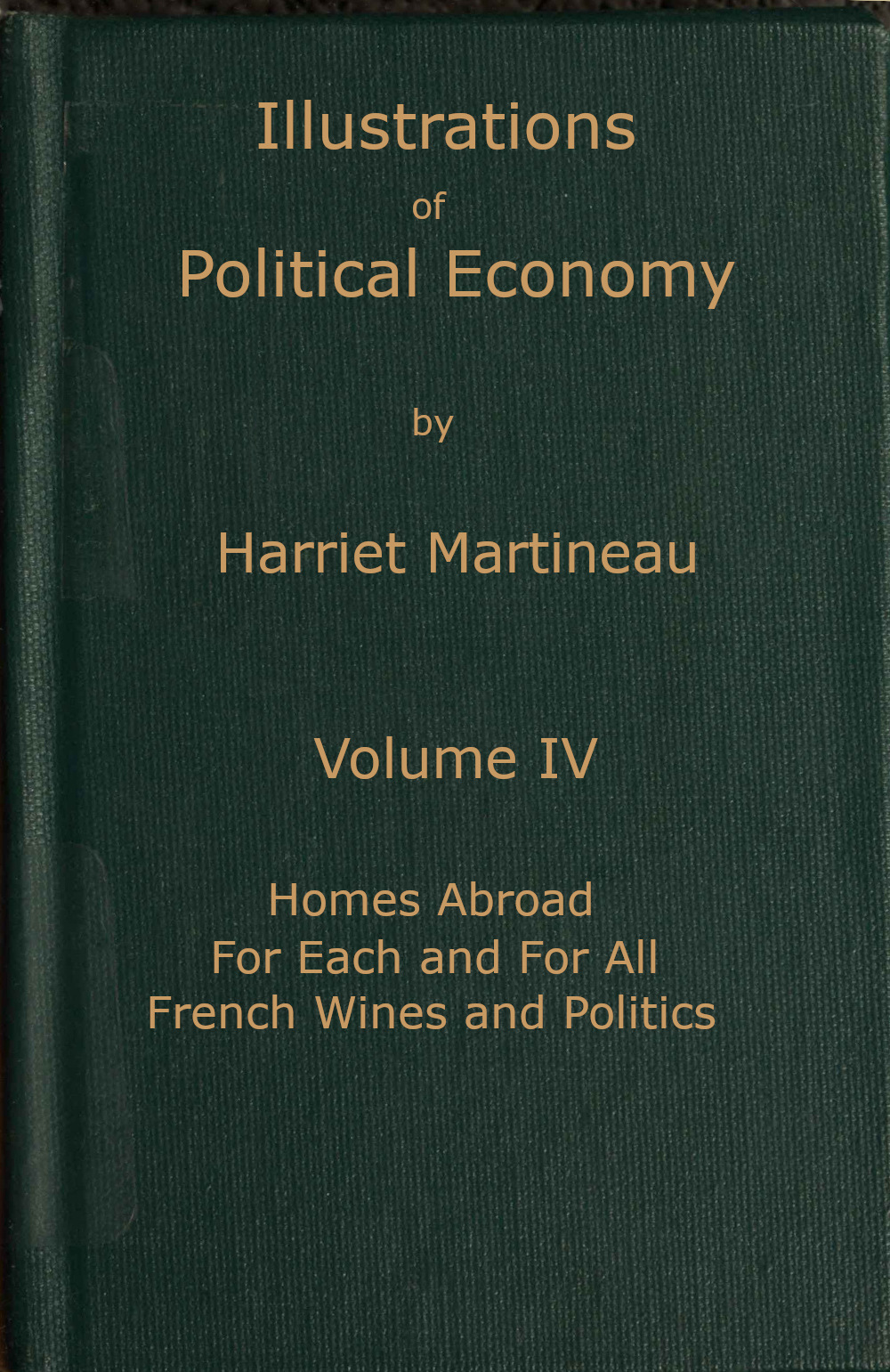

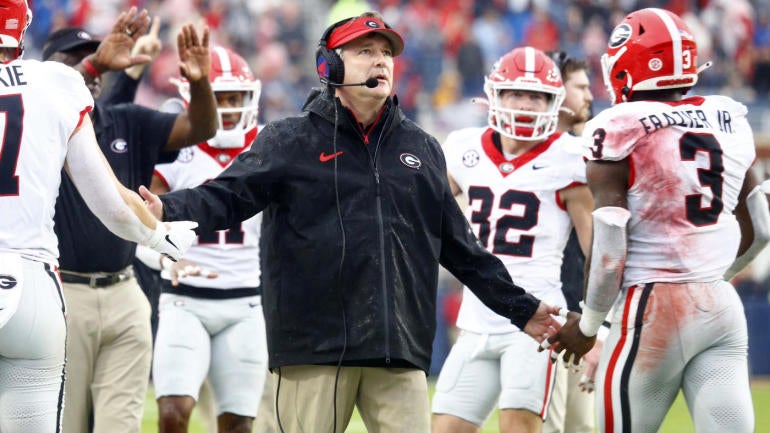
MIRAMAR BEACH, Fla. – The hottest topic at SEC spring meetings this week isn’t the future of the College Football Playoff format, according to its most prominent football coach.
It’s not the looming NCAA v. House settlement, and what all happens once revenue sharing goes into effect.
It isn’t whether the SEC should move to nine conference games, a debate that has been raging for years at this annual event without resolution.
According to CBS Sports’ No. 1-ranked college football coach, the most important issue is the transfer portal window. And Kirby Smart’s frustration offers a window into why the SEC — and the other Power Four conferences — are so eager to take more control over the NCAA governance process, if not break off from the NCAA altogether, to pass common-sense transfer reform.
“The biggest decision that needs to be made in college football right now, by far, is when is the portal window and is it one or two,” Smart said. “That’s not being decided by us today. A lot of people don’t even know how it’s being decided and who is deciding it.”
SEC coaches like Smart want transfer portal eligibility reduced from two windows (winter and spring) to only one and to reduce the overall number of transfer portal days available. Currently the portal periods run from Dec. 9-28 and April 16-25. The December period is especially irksome to coaches that have to balance early signing period, the transfer portal and preparing their teams for postseason games.
Slow changes
There are mixed opinions on the dates and length for a singular portal window — more on that later — but it hasn’t happened yet despite widespread approval amongst Power Four coaches.
At the American Football Coaches Association meetings in January, the group voted to endorse only one portal window. AFCA executive director Craig Bohl told CBS Sports that one window would benefit both players looking to maximize their value and coaches looking for more consistency.
“We’re supportive of one and we think that’s fair and that’s going to give more stability for players and coaches,” Bohl said.
The push for one transfer portal window isn’t a new development, though.
So why hasn’t it happened? It’s at the heart of SEC commissioner Greg Sankey’s frustration has with a NCAA structure that doesn’t anoint the Power Four conferences with the rule-making authority that their stature and wealth would seem to warrant.
Study finds elite recruits see drop in draft odds after transferring
Chris Hummer
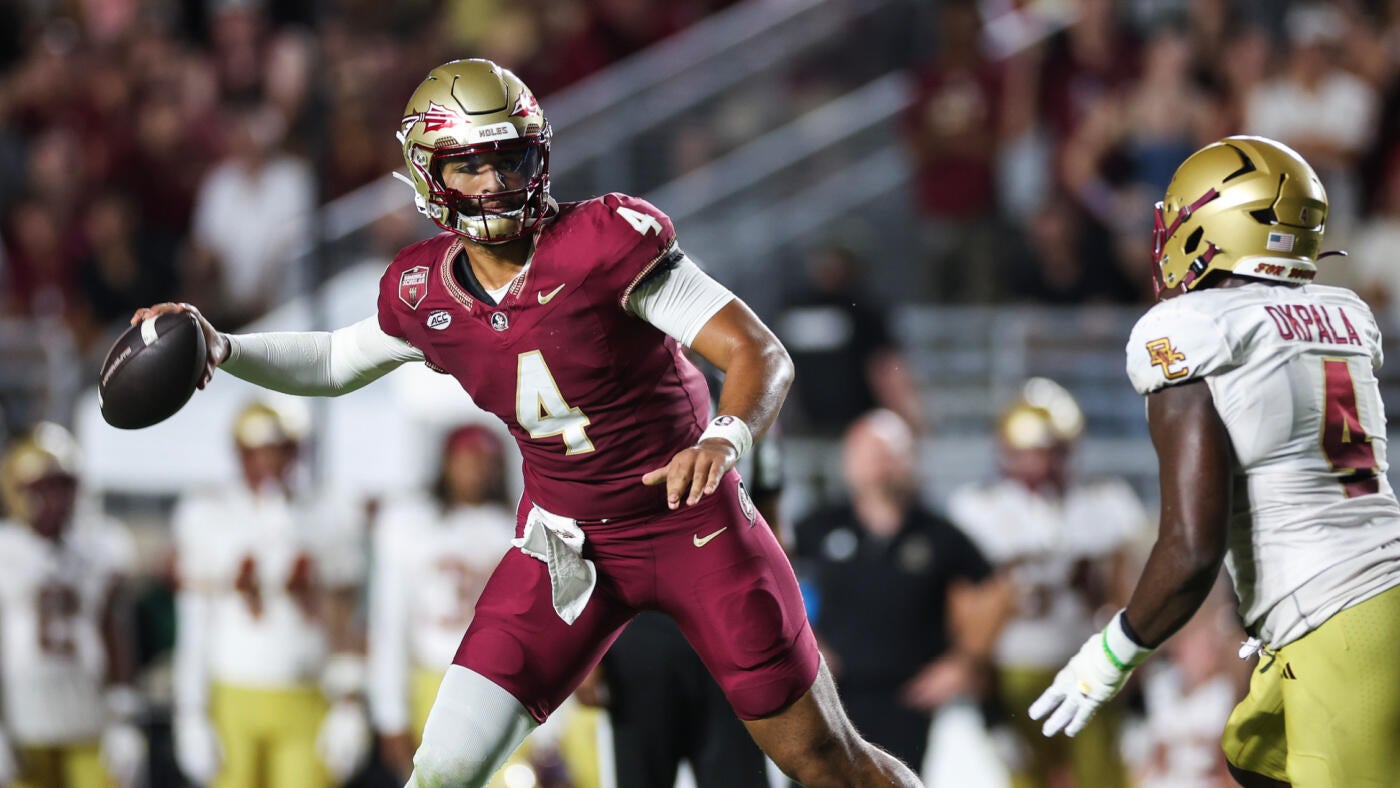
A weighted vote
Currently, the Power Four conferences are pushing for a weighted vote that would give them 65 percent of the power on rule-making committees. Even that amount, which would give the Power Four conferences significantly more power than they have now, still comes with risk. One high-ranking source said there are concerns that all it takes is one conference not voting with the others — or even ceasing to exist altogether if there’s further realignment and consolidation — to prevent approval for solutions. Sankey said Monday that he’d like to see that weighted vote go up to at leas 68 percent to avoid some of those issues.
Multiple Big Ten and SEC sources have expressed extreme frustration to CBS Sports about being unable to push through changes because smaller conferences won’t support it. The transfer portal situation has been especially frustrating that the conferences that would seemingly benefit from not having a spring transfer portal window won’t go for it just because the SEC and others want it. The SEC’s representatives on those committees have made those arguments to no avail, according to sources. When you have conferences that didn’t hesitate to fully fund the $20.5 million cap and others that won’t spend a dollar on revenue sharing voting on the same issues, you can see how it can go awry quickly.
The SEC’s success, in particular, has seemed to hurt its ability to make rule changes when smaller conferences question its motives.
“It’s really hard to be playing in a championship setting and having to deal with it, but when I brought that up as a complaint or problem it was told to me, ‘There’s no crying from the yacht,'” Smart said. “If you’re going to play in these environments you have to be willing to do that. Now it’s we can’t do that.”
Smart believes the implementation committee, which includes two athletic directors from each power conference, will ultimately have say over the transfer portal.
Texas A&M athletic director Trev Alberts, one of the SEC’s two ADs on the committee, believes there are multiple steps that need to happen before transfer portal windows become the paramount issue. Before the committee could consider addressing it, first the settlement has to actually be approved and the new College Sports Commission entity needs to get up and running which will include hiring a chief executive officer.
“Of course the coaches, the number one thing on their list is the transfer portal and the calendar, and that all makes sense,” Alberts said Tuesday. “But none of that matters if we can’t get all this stuff done over here first. I think there’s a logical sequence to it.”
Alabama coach Kalen DeBoer cautious on nine-game SEC schedule, questions CFP implications
Cody Nagel
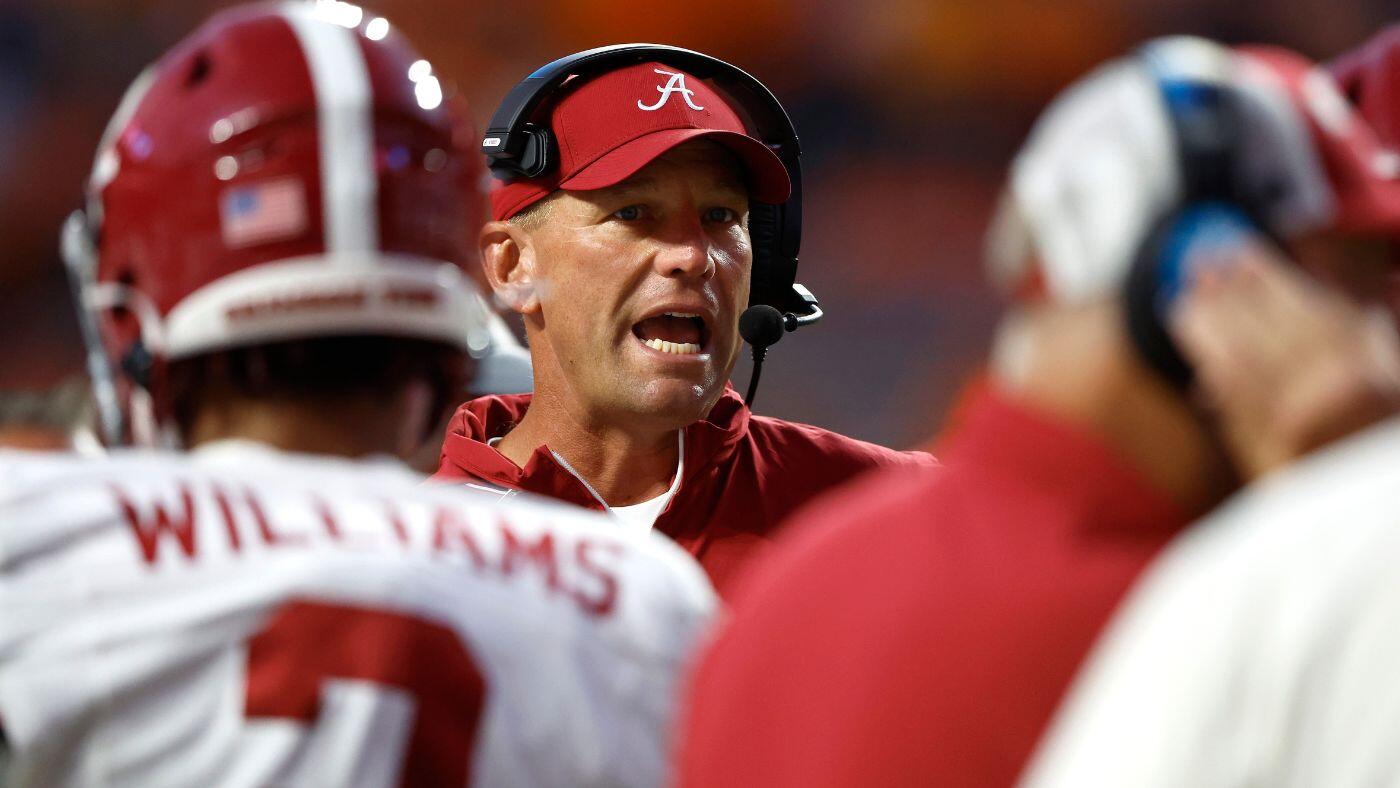
The future of the portal window
Even if the Power Four conferences get all the necessary entities on board to move to only one portal window, it will creat another sticky issue. Smart lobbied hard for a January transfer window. Oklahoma coach Brent Venables prefers February because “it’s one of the slowest times of the season.” Unlike professional leagues, however, college football still has to contend with academic schedules that could make it difficult for athletes to transfer and be admitted into new schools in the middle of an academic semester.
Smart would like to see a transfer portal move out of December, but he’s most concerned about the only window occurring in the spring. The Georgia coach said there is a growing contingency pushing for the portal window to move to only April, with at least some Big Ten coaches on board with that idea.
“If you think tampering is a problem, put that portal in April and see what teams do in January, February and March,” Smart said. “Just think about it now. We’re getting ready to make a big decision and a lot of people believe a kid won’t be able to leave if we put it in April, they’ll have to stay the next semester. Oh no, they’ll be on your campus, getting tampered with, collecting 33 percent of your cap before they leave with it. I’m not for that.”
Smart’s comments show how even the most powerful people are still at the mercy of a bureaucratic system long overdue for a change. Getting consensus on any issue has never been more challenging.
If you wonder why the SEC and others are so intent on wresting control over more of the NCAA decision-making apparatus, the transfer portal debate is as easy an example there is.
CBS Sports’ Brandon Marcello contributed to this report.
NIL
Michigan lawmakers introduce state bills paving way for college athletes to unionize
A new Michigan House bill considers student-athletes as employees, while another looks to remove a new hurdle for athletes trying to secure deals based on their name, image, and likeness. Democrats introduced both in the Michigan State House, saying they couldn’t come at a more pivotal time. Since July 1, student-athletes must disclose any NIL […]
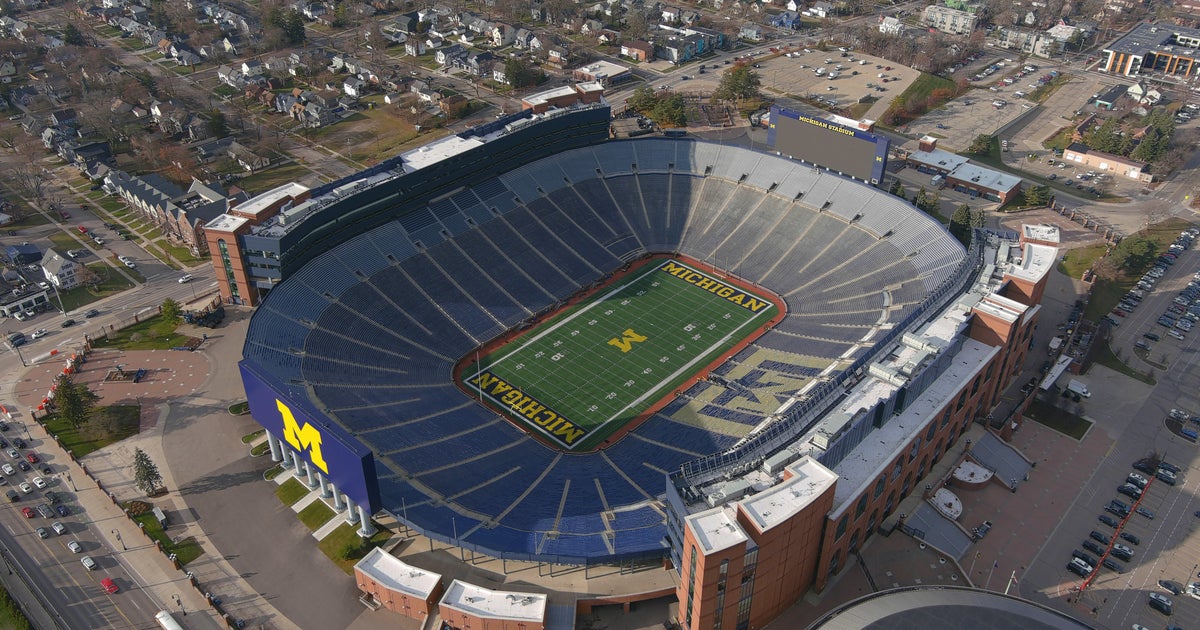
A new Michigan House bill considers student-athletes as employees, while another looks to remove a new hurdle for athletes trying to secure deals based on their name, image, and likeness.
Democrats introduced both in the Michigan State House, saying they couldn’t come at a more pivotal time.
Since July 1, student-athletes must disclose any NIL deals made outside the university worth more than $600 to a new third-party entity called “NIL Go.” The NCAA says this ensures both sides are getting a fair value, but Rep. Joe Tate says otherwise.
“We want to be clear to make sure that no entity is allowed to interrupt a student-athlete’s ability to enter into a contract,” said Tate, D-Detroit. “Then they don’t have to submit a contract to the NCAA for approval. If you’re going to a university in Michigan, it restricts them from doing that.”
Now that universities can directly pay student-athletes as of July 1, a second bill would consider student-athletes as state employees and remove restrictions, allowing them to unionize.
“So now, students are being paid directly for their work—for their name, image, and likeness—for the work they do, and so that’s why we’re introducing this bill now to make sure the students are the ones leading the conversation and leading the contract negotiations for their compensation,” said Rep. Carrie Rheingans, D-Ann Arbor.
Former Michigan State football captain Maverick Hansen says he supports the student athletes following in his footsteps.
“I think it’s going to be huge because athletes actually have a say in what they should be getting and what their value is,” Hansen said.
Several republican lawmakers have spoken out against the bill, saying student-athletes are already compensated enough through scholarships and preferential treatment, something Representative Tate says isn’t enough in this day and age, as a former college football player himself.
NIL
Lawmakers, Athletes Push for Stronger NIL Rights in Michigan
ANN ARBOR, Mich. — State lawmakers are working with student-athletes and labor advocates to push for stronger protections for college athletes in Michigan. State Representatives Carrie D. Rheingans, Democratic – Ann Arbor, and Joe Tate, Democratic – Detroit, held a press conference Tuesday. College athletes, sports experts and organizers stood alongside to introduce two bills […]



ANN ARBOR, Mich. — State lawmakers are working with student-athletes and labor advocates to push for stronger protections for college athletes in Michigan.
State Representatives Carrie D. Rheingans, Democratic – Ann Arbor, and Joe Tate, Democratic – Detroit, held a press conference Tuesday.
College athletes, sports experts and organizers stood alongside to introduce two bills aimed at expanding the rights of student-athletes.
The legislation would enhance protections around name, image and likeness, or NIL, deals, while also giving student-athletes the right to unionize and collectively bargain.
“This does not just impact the football,” Dr. Tom Dieters, NIL and college sports expert, said. “That’s what we focus on — football and men’s basketball — but this impacts greatly. We have a softball player and a baseball player here, but you have gymnastics, you have all these other sports that are impacted by this because now the money is being focused away from them.”
The new bills come at a time when student-athletes in Michigan can already be paid directly by schools for their NIL.
Some question how that changes their employment status.
“So I don’t know any other way that the IRS is not gonna determine that they are employees when the school is controlling their time, paying them and then still calling them a contract worker,” Dr. Tom Dieters said. “I don’t see how that’s gonna work.”
Supporters of the legislation argue it’s about more than pay, it’s about fairness and giving athletes a voice.
“Being a student-athlete requires a lot of work, and some people think you just go there for fun and great, you get to be an athlete, but it’s hard work, and it’s required work out of us from the university,” Parker Picot, Michigan State University baseball player, said. “We deserve to have a voice in how we get to run things and how we get to do things and create equal opportunities and the same benefits as other people that work the same hours and work just as hard as we do.”
Both bills have been introduced and are currently sitting in house committee.
Lawmakers and advocates work to build support.
NIL
‘Athletes never forget’ | Sampson Independent
Big news hit the WNBA Monday morning, and with it came some news for a Sampson County native, too. Cleveland, Detroit and Philadelphia were all approved for teams at the highest level of women’s basketball once more, and Lakewood alum Chasity Melvin — a first-round pick by the original Cleveland Rockers, a WNBA all-star […]
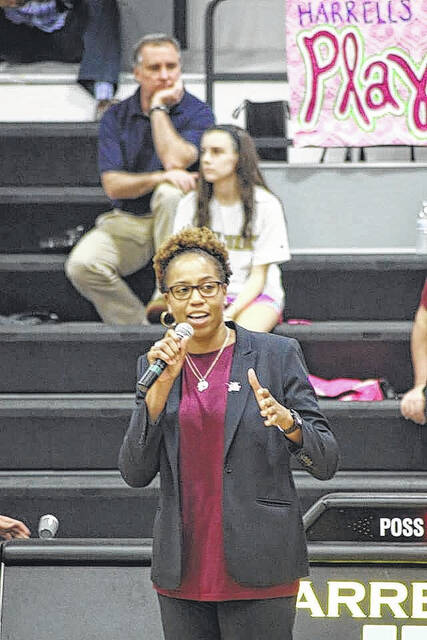
Big news hit the WNBA Monday morning, and with it came some news for a Sampson County native, too. Cleveland, Detroit and Philadelphia were all approved for teams at the highest level of women’s basketball once more, and Lakewood alum Chasity Melvin — a first-round pick by the original Cleveland Rockers, a WNBA all-star and a North Carolina athletics Hall of Fame member — said she was inundated with calls and messages when the news broke.
“It was amazing. It was really amazing for me. It was a dream come true,” Melvin shared in an interview about her time in Cleveland. “I had such a great appreciation because I had actually entered the ABL before the WNBA … So I got drafted by the ABL, and then I was fortunate enough to get drafted by the WNBA. I was so appreciative of the Cleveland Rockers taking me at the 11th pick.”
A bit of a culture shock for the North Carolina native came next, she admitted.
“I had never really been to the Midwest, so to go to Cleveland with my family, it was just a lot of fun for us coming from southeastern North Carolina and being able to go out there,” the former Leopard added. “It was kind of a mutual culture for North Carolina and Cleveland, you know, hard hard-working town. That’s where I was from — humble beginnings. For me, it just correlated. And I was super excited to be a part of the Rockers.”
Shortly after arriving in Cleveland, things clicked for Melvin, and she got to work for the Rockers in the 1999 season — just the third in Cleveland’s existence as one of the eight founding members of the WNBA. But, to get to that echelon of the sport, she first made a pit stop at N.C. State, where she made a name for herself.
In fact, there wasn’t a season that Melvin was with the Wolfpack where the team didn’t make the NCAA tournament, with a trip every year from 1995 through 1998.
One visit to the Wolfpack’s athletic Hall of Fame website will show a slew of accolades for the 2014 inductee, like her four separate All-American awards, her honorable mention for the Wade Trophy, ACC and NCAA awards, her No. 4 spot in both points and rebounds and her program records for free throw attempts in a season and a career for N.C. State. The page also explains that she is one of seven N.C. State women’s basketball players with their jersey retired, a member of the ACC 50th anniversary team, and she even received an invite to the Olympic trials in 1996.
Although her story has been told been over and over again, it was Monday’s news that brought the retelling to the surface once more, now that her former team was brought back.
The Cleveland Rockers, which were founded in 1997, folded in 2003 after owner Gordon Gund and his family couldn’t find a buyer just a year after purchasing the team outright from the league. Melvin and her teammates were sent to other teams in a dispersal draft, but not before a playoff berth, which saw the Rockers fall to the Detroit Shock — another team that recently got approval to return to the league — in the first round of the playoffs that ended with Detroit winning the championship. Melvin was taken as the second player overall in the dispersal draft, landing in Washington, D.C., to play for the Mystics.
“My mindset coming into the WNBA was that I’d always been a proponent of women’s basketball,” the now-TV analyst shared. “My dad had always told me, ‘Every time you play, you’re introducing people to the women’s game, so put on a show.’ I always wanted to make sure I entertained people, make sure I inspired people, and make sure I gave my best effort on the court. I wanted people to feel my passion for playing the game of basketball, and feel my enjoyment of it and my appreciation of it.
“And I’d always been that way. It was kind of surreal for me as well, because I used to tell people in my small town in North Carolina that I was going to play professional basketball. People were quick to say, ‘Oh, no one cares about women’s basketball. They don’t have women’s pro teams and college is as far as you’ll go.’”
In the 2001 season, across just 32 games, the Rockers saw the best season in the team’s short existence, and the No. 1 seed after taking the Eastern Conference, but North Carolina’s Charlotte Sting upset the Rockers in the first round. That season would be Melvin’s all-star campaign, when she started 20 of the 27 games she played in, averaging 27.9 minutes a game and a 9.9 PPG and 5.7 boards per contest as well.
“Even throughout my collegiate years, and obviously I have the records and high achievements and decorated career there to prove it, I felt like every year I was preparing myself to be a pro. I was always preparing myself for if there was ever an opportunity, I wanted to be ready,” she continued. “That’s how I pushed myself.”
Although an athlete from a young age, Melvin said her time in Cleveland introduced her to a sport she had never seen in person.
“I had a great rookie season,” she recalled. “The fans were unbelievable. I loved playing in the Gund Arena. Like, I was so strictly basketball, but then I came to Cleveland, a great sports town, and I had followed the NBA with my dad and my brother, so I knew about the Cavs. I was just as hurt as the Cavs when Jordan hit that shot. But to fall in love with the Cleveland Indians.
“Mr. (Gordon) Gund would make sure we would go to the Indians games as a team to develop familiarity and relationships with the teams, so we loved going to the Indians games. That was so much fun for me. And that was the first time I had gone to a major league baseball game.”
Proving her knowledge of the early aughts Cleveland baseball team, she reminisced about telling her friends about her experiences: “I used to tell all my friends, going to the baseball games is fun. Like, watching it on TV is totally different, but being in that atmosphere, being there when Kenny Lofton was there, he came to the (Rockers) games and sat courtside. We loved going to the Indians games, that was big for me.”
Melvin’s time in Cleveland, like her teammates’, was cut short — but not by her own doing. The team announced in December of 2002 that they would be folding.
“They taught us how to be pros. I’ll never forget Wes Unsled, when he was there. He used to come and talk to the team and teach us about representing the organization and how to be a pro, so I learned some valuable traits being there with the Cleveland Rockers,” Melvin said. “It was completely devastating for me when the Rockers folded. We kind of got the news early, mid-season. That year, we really tried to fight, like maybe if we could win the championship, they’ll keep the team. We lost to Detroit that year and they went on to win the WNBA championship.”
With a quick shoutout to announcers like Tom Hamilton and Jim Donovan for their work with Cleveland sports, she continued her praise for the town, which is something to note after current Indiana Fever player Sophie Cunningham’s comments in regards to the WNBA’s announced expansion to Cleveland and Detroit.
“For me to go into a professional sports town like that, that was a dream come true, because I was considered a ‘tomboy’ growing up, so I watched all of the sports with my dad. We were a big basketball family. I grew up watching the NBA. I patterned a lot of my games after some of the great centers, like Hakeem Olajuwon with the baseline spin move,” said the 6-3 center. “I watched the league for a very long time, so to come to the Cavs and play for the Rockers and then the owner, Mr. Gund, was unbelievable to us.”
That’s when Melvin began her praise for the wealthy philanthropist, who for many in Northeast Ohio was a household name for many years.
“He believed in women’s sports way before other people really believed in it, and obviously, that was a big reason why we folded because it was a change of ownership,” she continued. “Even though he was blind, we really felt like he saw each and every one of us. He was a hands-on owner, and that’s rare in professional sports, especially for women’s sports. We were really spoiled. There was a lot there for the Cleveland Rockers, so for the Cleveland team to be coming back, I know the fans are super excited, the city is excited.”
Excitement from the fans came pouring in quickly, she said.
“The fans from the Rockers have always been supportive through the internet with Facebook, Twitter, people DM or send me pictures, and now that the kids are grown up, they say, ‘We used to come to the games, we used to watch you when we were kids,’ so I think it’s going to be huge for Cleveland to bring the Rockers team back.”
After spending over a decade in the WNBA, Melvin travelled internationally to play basketball, in places like Spain, Israel and other countries that are home to overseas basketball.
“First and foremost, it was going overseas for my first time,” she said. “I was literally coming from the South. I was a deer caught in headlights. That was really what it was.”
She spoke on things like experiencing other cultures and the rigorous schedules involved.
“Traveling abroad, year after year, and coming back and playing in the WNBA, it just made me culturally diverse. I have a lot of multicultural relationships because of that. It’s broadened my horizons. It’s given me a unique resume compared to a lot of other pro players because I’ve played in nine different countries, I’ve won championships in six of them, and I’ve just developed relationships across the board.”
One thing Melvin discussed was mental health, a topic that has seen more support in this generation of athletes, she said, compared to her own time on the court.
“For the fans, their perspective is that they’ll never understand that athletes never forget,” she said, in a bit more somber of a tone than before. “I know I’ve heard Dawn Staley in many interviews say she’ll never forget losing at Virginia and not winning that NCAA championship, so it’s something we live with forever. Our careers are so short, and we retire from playing that pro sport, but the games and those moments live with us for eternity. We’ll be in the old folks’ homes still remembering, like dang, if I would have made that one free throw. So, for most of the pro players, we’re so passionate about the game. It just never leaves us. The wins, the losses and the relationships.
“That’s what you miss most when you stop playing — those relationships with your teammates,” she added.
With an anecdote from current WNBA player Courtney Williams, Melvin said it was a great definition of how players deal with the mental aspect of things like social media.
“These people aren’t real. These people aren’t my friends. These people don’t know me, they don’t know how hard I work,” were Williams’ words, which Melvin found solace in.
“I do think, with the positive atmosphere around mental health, and the fact that these athletes are talking to therapists, they have mental health forums. We didn’t have that while we played. I think most athletes in my generation were taught to compartmentalize and kind of like, go in character once they stepped on the court, and I think the current athletes are allowed to be themselves. They’re allowed to take mental health break days. And there’s not a taboo around needing to talk to a therapist or being depressed,” Melvin added.
Melvin and her generation, like Lisa Leslie or Tina Thompson, paved the way for the meteoric rise of women’s basketball recently, with names like Caitlin Clark and Angel Reese being spoken across the country much more than women’s basketball players of the past. Chasity shared her thoughts on the subject:
“I think two things (caused the increased viewership). I think the first thing is NIL in college,” she began. “I think NIL just boosted women’s college basketball across the board. When I played, when Diana Taurasi played at UConn, everyone kind of knew about UConn, but only once they won the championship. And I think NIL, for these athletes to have brand sponsorships, to be in commercials, it just eased the way and it helped fans cross over from collegiate athletics to the pros, because there was always a disconnect from women’s college basketball and the WNBA.
“The fans were like, ‘OK, who’s next?’ but didn’t really follow collegiate stars into the WNBA, but I think the NIL helped bridge the gap between collegiate fans crossing over to the WNBA, so that’s helped tremendously. And then with that help, with seeing the Caitlin Clarks and Angel Reeses, the different players in commercials, like, hey, they’re stars. They’re not just good women’s basketball players, but they’re stars, similar to the NBA players that you see in commercials.”
The other aspect of the rise she mentioned was along the same lines, about how people seeing these players every day, and in the spotlight, made it less taboo to talk about.
Today, Melvin serves in a media role for the Washington Mystics, something she dreamed of as a child, she said. She majored in communications at N.C. State, which paved the way for her post-retirement career.
“My whole dream, my entire dream before the pro teams came about, was to be the next Robin Roberts. So it’s kind of like I’m living backwards, so now I’m actually going after the dream I had in college and what I went to school for, and that was to become a sports analyst on-air talent,” the analyst said.
“This is my third year. I hadn’t really been public about it a lot. It’s not national TV, it’s on their app, but I’m enjoying it,” she shared.
Reach Brandt Young at (910) 247-9036, at [email protected], or on the Sampson Independent Facebook page.
NIL
Iowa State Cyclones Coach Offers Compelling Take on NIL Spending
The college football landscape was forever altered once NIL burst onto the scene, and Iowa State Cyclones head coach Matt Campbell is fully aware of that. However, there remain many questions about NIL funding and spending, and while the recent House Settlement cleared some things up in an attempt to level the playing field, many […]
The college football landscape was forever altered once NIL burst onto the scene, and Iowa State Cyclones head coach Matt Campbell is fully aware of that.
However, there remain many questions about NIL funding and spending, and while the recent House Settlement cleared some things up in an attempt to level the playing field, many of the aspects are still a bit cloudy moving forward.
Campbell was asked about the direction of the sport at Big 12 media day this week, and he provided an honest answer on how he feels the whole NIL process is unfolding.
“I think it’s too early to tell,” Campbell said, via Eugene Rapay of The Des Moines Register. “Is this really the number? Are there ways around the number? … I think we live in a world in college football that looks like Major League Baseball in a lot of ways. … I hope that we’re there, but I don’t think we have any clarity.”
Campbell is certainly not alone in that regard. NIL has been a hot topic of discussion for coaches across the country for quite some time now, and it will always be something that even the very best programs will have to strategically traverse in the years to come.
That being said, Campbell seems satisfied with the outcome for Iowa State.
“If you look at the top 20 guys in our program — probably could have made a heck of a lot more money at a lot of other places, and we were able to keep our kids home,” Campbell said. “That was huge and my hope is we can continue to build forward.”
The Cyclones won 11 games last year, which was a school record. They also defeated the Miami Hurricanes in the Pop Tarts Bowl.
Iowa State’s football program has been gradually growing thanks to Campbell. We’ll see if the Cyclones are ultimately able to turn into a national power.
MORE: 49ers QB Brock Purdy Named in Absurd Four-Team NFL Trade Proposal
MORE: Iowa State Cyclones Weapon Could Break Massive Record
MORE: Jets RB Breece Hall Receives Bad News Thanks to Tough Prediction
MORE: Iowa State Cyclones Conquer Big 12 Foe for Major Recruiting Win
MORE: Iowa State QB Rocco Becht Brutally Disrespected in NFL Draft Prediction
NIL
‘I am tired of this shit’
Chicago Sky (5-12) forward Angel Reese has reached her boiling point when it comes to WNBA officials. Reese became the latest high-profile star to call out officials, saying “I am tired of this shit” after Chicago’s 80-75 defeat to the Minnesota Lynx (17-2) on Sunday. “It’s tough when you talk to officials, and I asked […]

Chicago Sky (5-12) forward Angel Reese has reached her boiling point when it comes to WNBA officials. Reese became the latest high-profile star to call out officials, saying “I am tired of this shit” after Chicago’s 80-75 defeat to the Minnesota Lynx (17-2) on Sunday.
“It’s tough when you talk to officials, and I asked them, ‘Hey, we’ve only been to the free throw line twice up until the fourth quarter,’ and she tells me it’s not her job,” Reese said. “So, it’s frustrating because I know how hard we are battling inside, and I think that we came down and fought as hard as we could with what we had, and I just know we continue to grow in this.
“I think this is a leaping step for us, and obviously we know we can compete with the best, but [the officiating] has to be fixed. And I don’t give a damn if I get fined because that shit is cheap. I’m tired of this shit. ‘Cause I’ve been nice, and I’ve been humble with it, but I am tired of this shit.”
Minnesota pulled out the narrow victory to notch their franchise record 11th consecutive home triumph to start the season. The Lynx went to the free throw line 17 times. The Sky, meanwhile, attempted just eight shots from the charity stripe. Reese continued her criticism of officials on social media.
“Idgaf. DO BETTER. @WNBA,” Reese tweeted.
Angel Reese makes WNBA history in Sunday’s loss to Lynx
In spite of the loss, Reese put on another dominant performance. Reese, the league’s rebounds leader, grabbed 17 boards, to go along with 16 points and six assists. She became the first player in league history to have back-to-back games with 15 plus points, 15 plus rebounds and five plus assists. Her five-game streak of 15 or more rebounds is the longest in WNBA history.
Reese isn’t the first WNBA star to call out the officiating around the league. Los Angeles Sparks (6-13) guard Kelsey Plum went off on officials after the June 9 overtime loss to the Golden State Valkyries (9-8).
“I drive more than anyone in the league, so to shoot six free throws is f*cking absurd,” Plum said. “I got scratches on my face, I got scratches on my body. These guards on the other team get these ticky-tack fouls, and I’m sick of it. … Don’t know what I need to do. I’ve talked to the refs nice, I pray before the game, like, f*ck, I’m over it.”
NIL
Michigan lawmakers introduce state bills paving way for college athletes to unionize
A new Michigan House bill considers student-athletes as employees, while another looks to remove a new hurdle for athletes trying to secure deals based on their name, image, and likeness. Democrats introduced both in the Michigan State House, saying they couldn’t come at a more pivotal time. Since July 1, student-athletes must disclose any NIL […]



A new Michigan House bill considers student-athletes as employees, while another looks to remove a new hurdle for athletes trying to secure deals based on their name, image, and likeness.
Democrats introduced both in the Michigan State House, saying they couldn’t come at a more pivotal time.
Since July 1, student-athletes must disclose any NIL deals made outside the university worth more than $600 to a new third-party entity called “NIL Go.” The NCAA says this ensures both sides are getting a fair value, but Rep. Joe Tate says otherwise.
“We want to be clear to make sure that no entity is allowed to interrupt a student-athlete’s ability to enter into a contract,” said Tate, D-Detroit. “Then they don’t have to submit a contract to the NCAA for approval. If you’re going to a university in Michigan, it restricts them from doing that.”
Now that universities can directly pay student-athletes as of July 1, a second bill would consider student-athletes as state employees and remove restrictions, allowing them to unionize.
“So now, students are being paid directly for their work—for their name, image, and likeness—for the work they do, and so that’s why we’re introducing this bill now to make sure the students are the ones leading the conversation and leading the contract negotiations for their compensation,” said Rep. Carrie Rheingans, D-Ann Arbor.
Former Michigan State football captain Maverick Hansen says he supports the student athletes following in his footsteps.
“I think it’s going to be huge because athletes actually have a say in what they should be getting and what their value is,” Hansen said.
Several republican lawmakers have spoken out against the bill, saying student-athletes are already compensated enough through scholarships and preferential treatment, something Representative Tate says isn’t enough in this day and age, as a former college football player himself.
-

 Technology2 weeks ago
Technology2 weeks agoPet fitness and wellness trends for a healthier and happier dog
-

 College Sports2 weeks ago
College Sports2 weeks agoWAC to Rebrand to UAC, Add Five New Members in 2026
-

 Motorsports1 week ago
Motorsports1 week agoWhy Cosmetics are Making Up for Lost Time in Women’s Sports
-

 Professional Sports2 weeks ago
Professional Sports2 weeks agoAlex Pereira responds to rumors of UFC heavyweight title fight with threatening message
-
College Sports3 weeks ago
Women's Basketball Thanks Shannon LeBeauf for 14 Seasons
-

 College Sports2 weeks ago
College Sports2 weeks agoAlabama Basketball
-

 Professional Sports2 weeks ago
Professional Sports2 weeks agoFrancis Ngannou sends Dana White a message following Jon Jones' shock UFC retirement
-

 Motorsports2 weeks ago
Motorsports2 weeks agoNASCAR This Week – Patriot Publishing LLC
-

 College Sports2 weeks ago
College Sports2 weeks agoA new era of Dickinson hockey begins behind the bench – The Dickinson Press
-
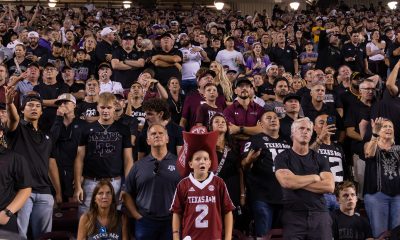
 Sports2 weeks ago
Sports2 weeks agoSEC Conference imposing a fine will create the opposite effect.


































